It’s critical to realize that when our computer is connected to the Internet, it’s accessible to all other computers connected to the Internet, regardless of whether you are connected with them. The Internet is a worldwide network in which everyone is connected.
It is possible that someone will try and steal valuable information regarding your business. It’s crucial to remember that dangerous content can be located in file formats we wouldn’t expect to find, such as documents, even if they appear to be innocent. As a result, it’s critical to keep all apps that interact with files obtained from the Internet up to date.
There is software available now that can assist us. Here is a list of the five best risk management software for business risk management.
Table of Contents
1. AxCrypt
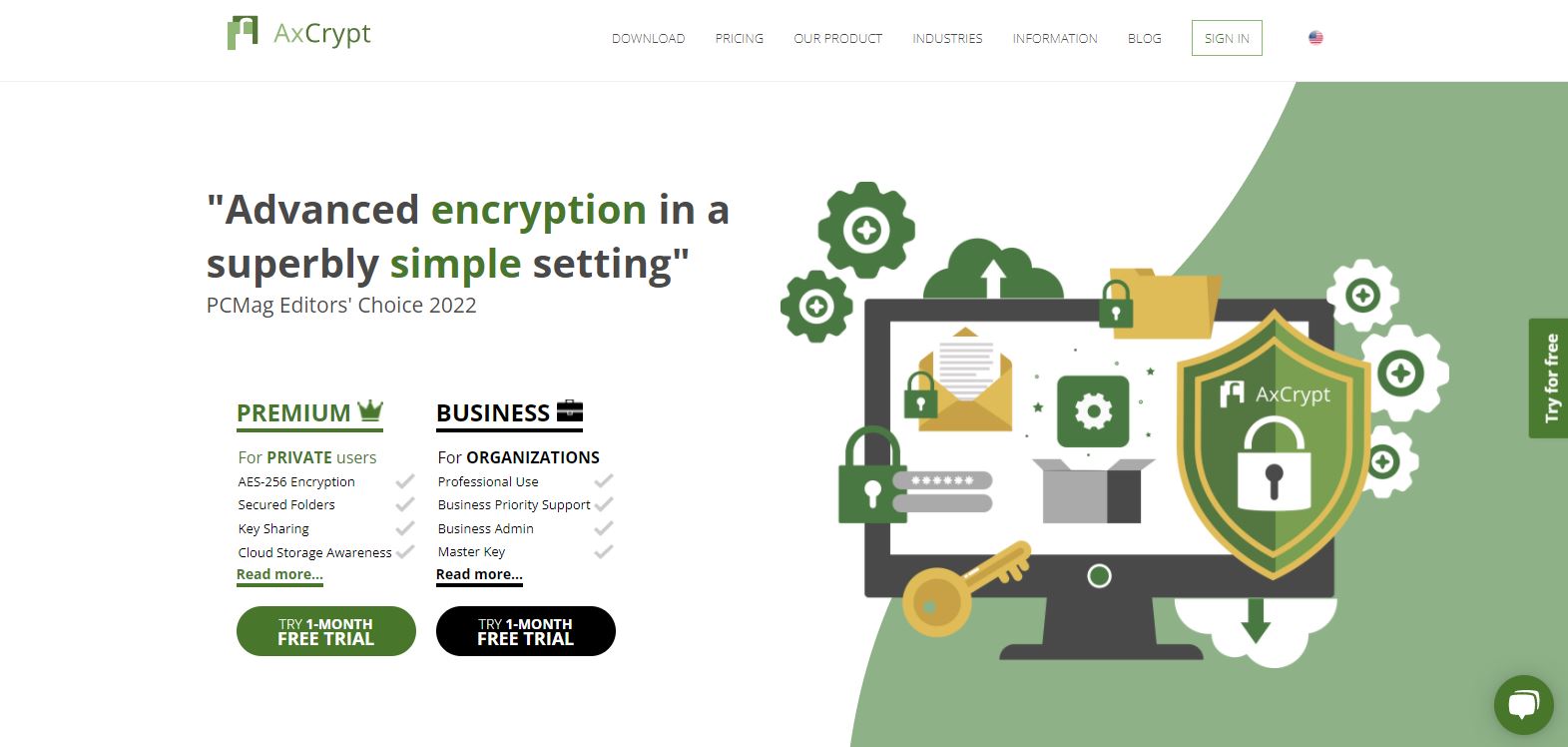
The GNU GLP license protects AxCrypt, which is a free, open-source tool. It’s a tool that’s simple to use. It is appealing to the eye and simply integrates into the operating system. When you right-click on a file or folder in Windows, the “AxCrypt” option will appear in the drop-down menu.
This menu allows you to encrypt a document, set a time limit for when it decrypts itself, or send it to someone and instruct them to decrypt it when the sender receives it. Data encrypted with AxCrypt can be decrypted on demand or rewritten while still encrypted. The tool will decrypt itself, give you the option to alter it, and then re-encrypt itself.
2. GnuPG
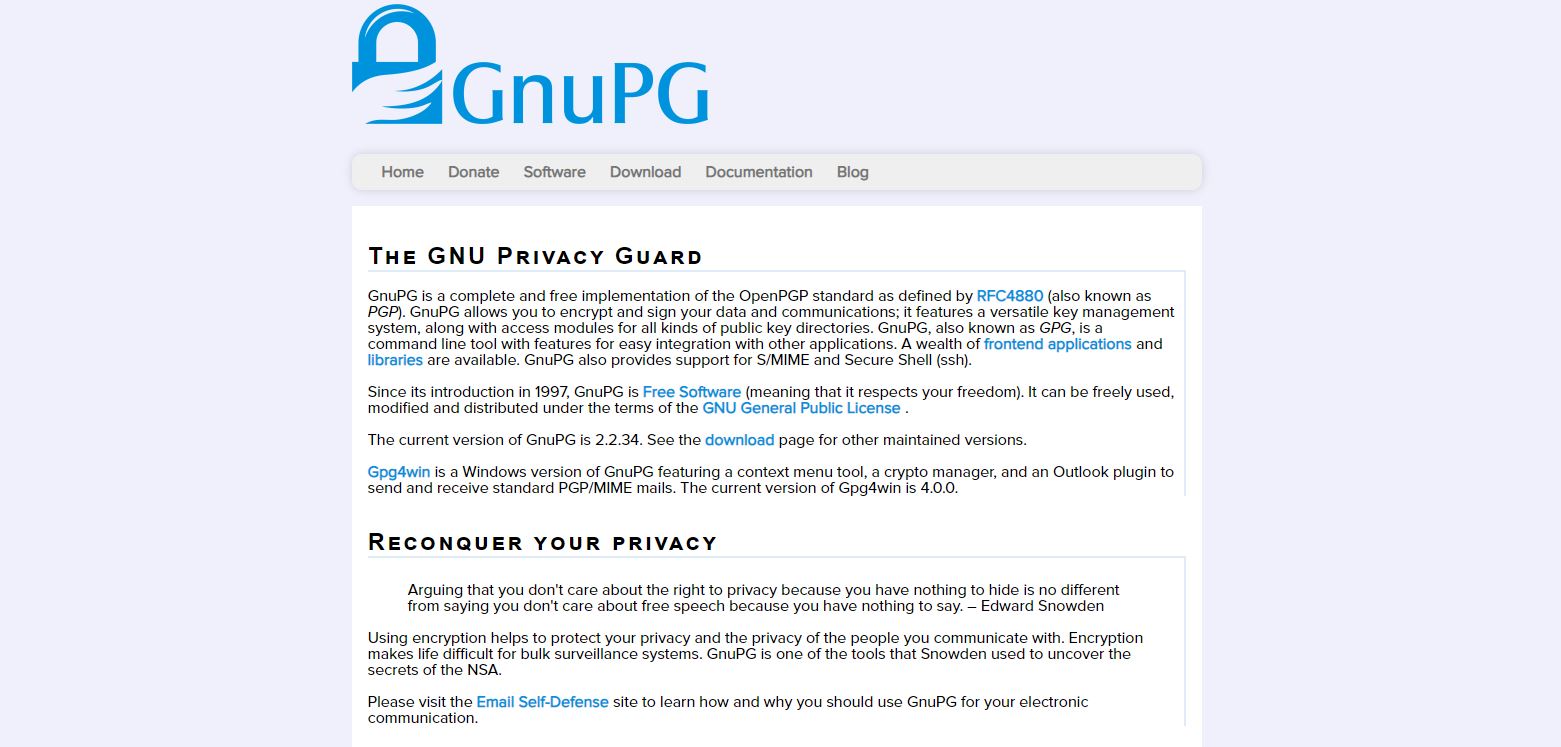
Pretty Good Privacy is implemented in GNU Privacy Guard, which is an open-source project. While this tool can be installed and used via the command line on several operating systems, many people prefer software with a graphical interface.
This interface makes encrypting certain files or an entire disk a lot easier. Encryption of emails is also possible, which is a fantastic feature to have. All GNU Privacy Guard tools support a wide range of encryption methods and algorithms. Individual files, disks, disk images, external disks, and anything else connected to a computer can all be encrypted.
3. Bitdefender
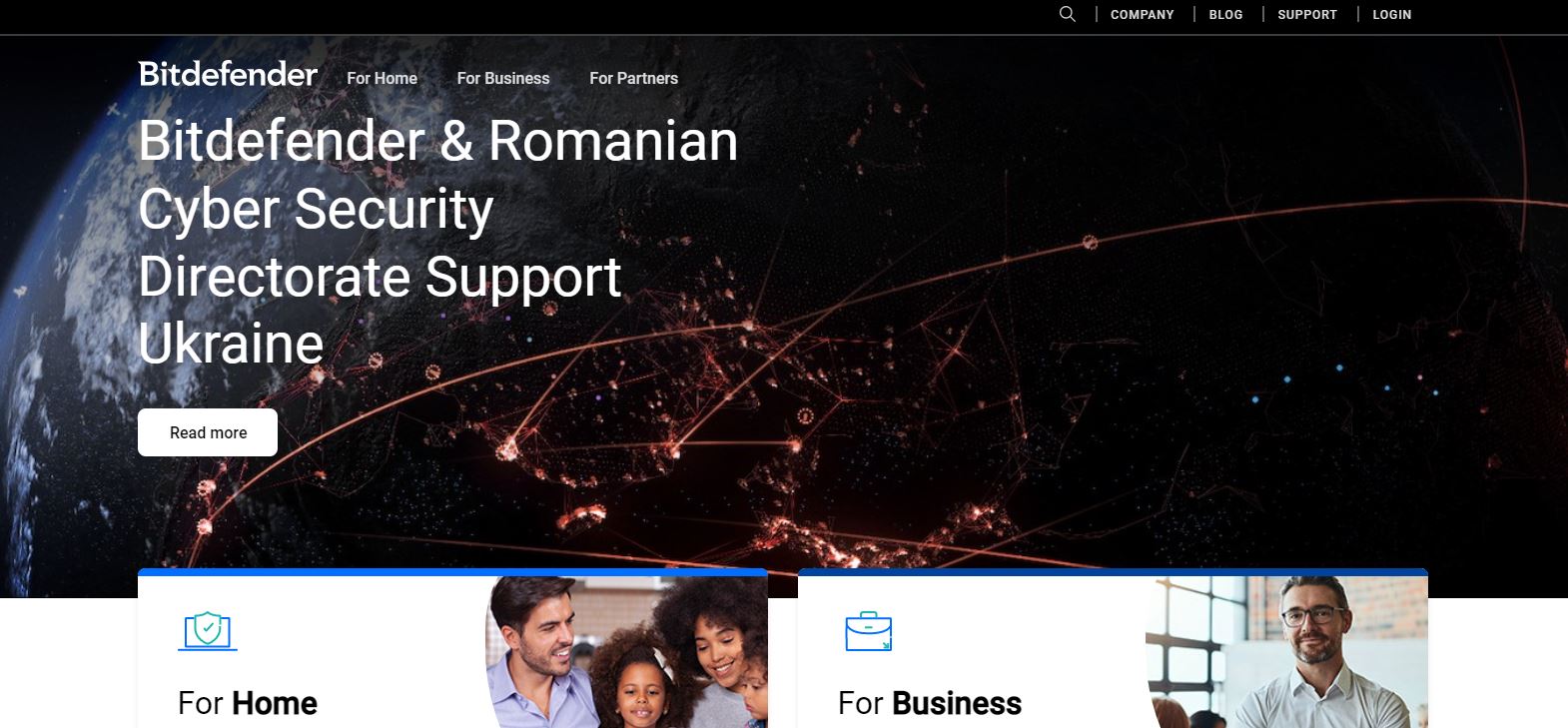
Bitdefender anti-Spyware is a piece of software that seeks to prevent, detect, and remove spyware. The tool does regular checks on a computer to verify that it is clean and protects privacy from any assaults.
This risk management software is used by many firms to safeguard their important data. They offer a variety of different security choices from which you may choose the one that best suits your needs.
4. SpyShelter
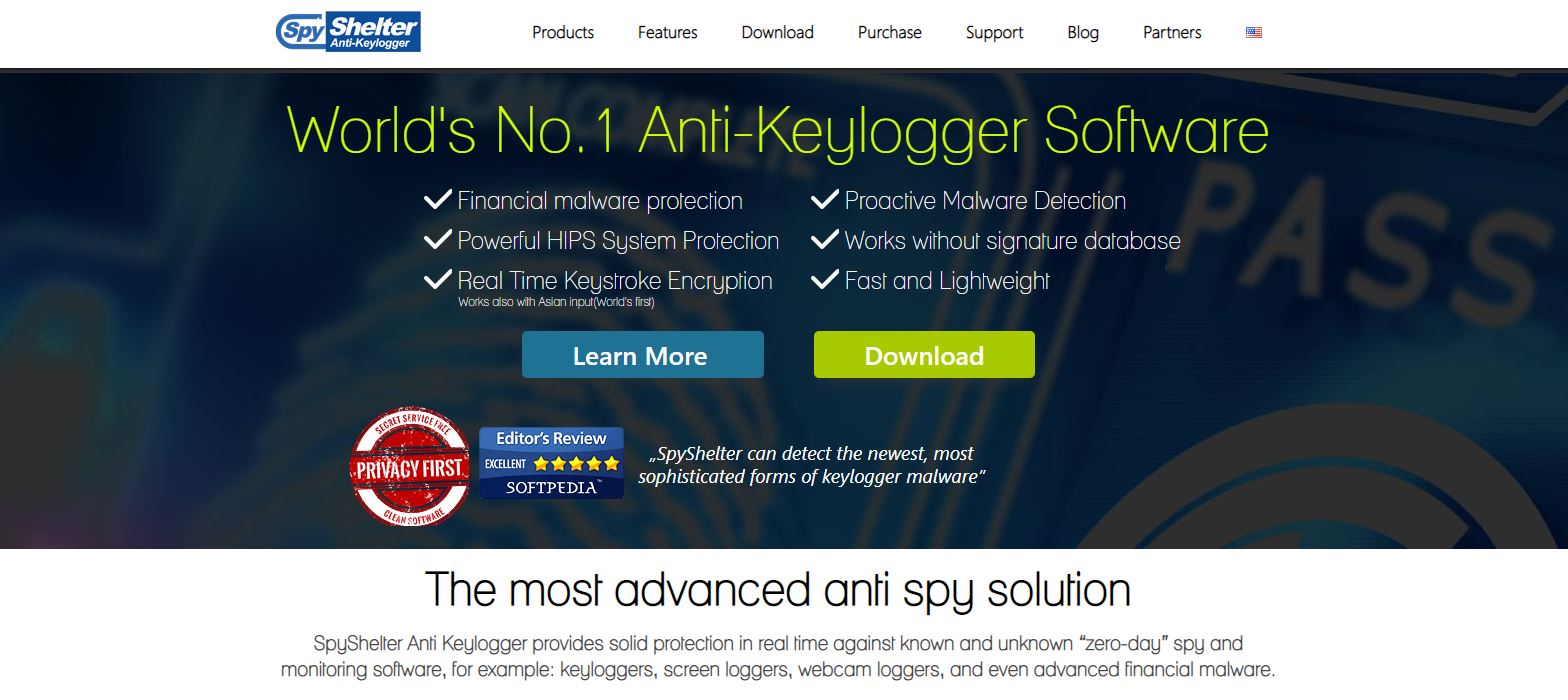
SpyShelter’s keyboard tracking attack detection program aims to find any keyboard tracking attacks on the system. It can prevent an attacker from acquiring user passwords by stopping the keylogger before it starts working.
Using a SpyShelter anti-keylogger is important to protect your personal and company information. SpyShelter software examines a file for the existence of a keylogger and flags it as harmful if it finds one. They also explain why the software believes the tagged file is dangerous to the PC user.
5. Malwarebytes
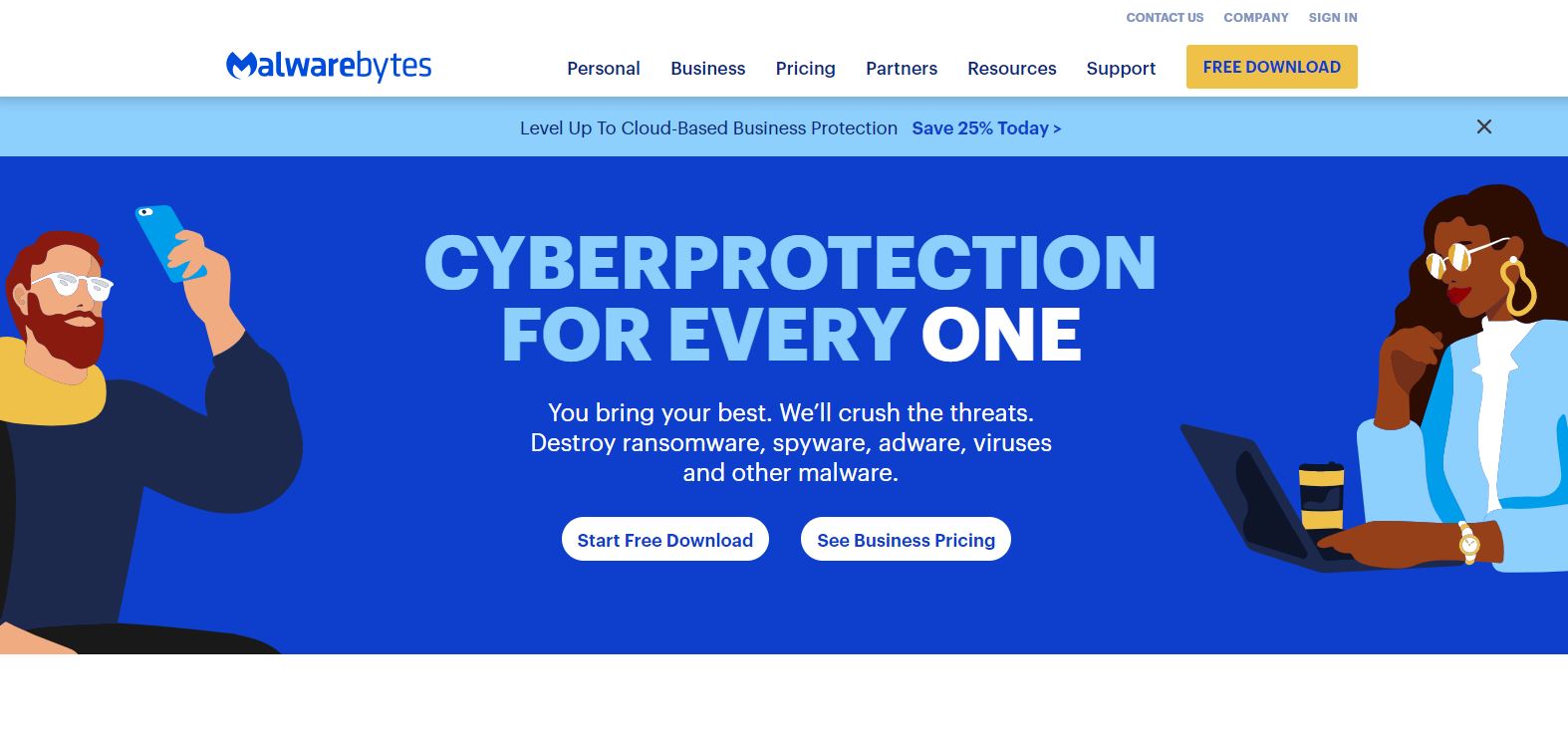
Malwarebytes detection software is a tool that protects computer systems and personal PCs against cyber threats like malware. The objective of Malwarebytes, as the name suggests, is to prevent, detect, and remove malware.
Malwarebytes tool uses signature-based detection. It gets its information about malware and software from a repository, which is updated regularly by people who discover malicious behavior in software and express it in a format that a signature repository can use. To defend your computer from malware, Malwarebytes employs innovative risk management software.
Conclusion
At the technical level, the computer needs to be protected with appropriate security software and the correct settings of the operating system and applications. Fortunately, there are many quality-free solutions in this area today that can help protect your business. This article highlights the most important elements of protection and tools to stick to.
![5 Best Risk Management Software for Business Risk Management [Protect Your Business Information] 5 Best Risk Management Software for Business Risk Management [Protect Your Business Information]](https://techyice.com/wp-content/uploads/2022/03/5-best-risk-management-software-for-business-risk-management-protect-your-business-information-696x464.jpg)